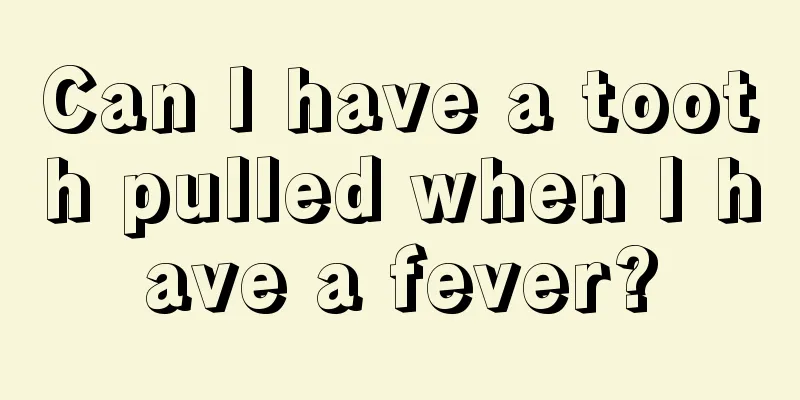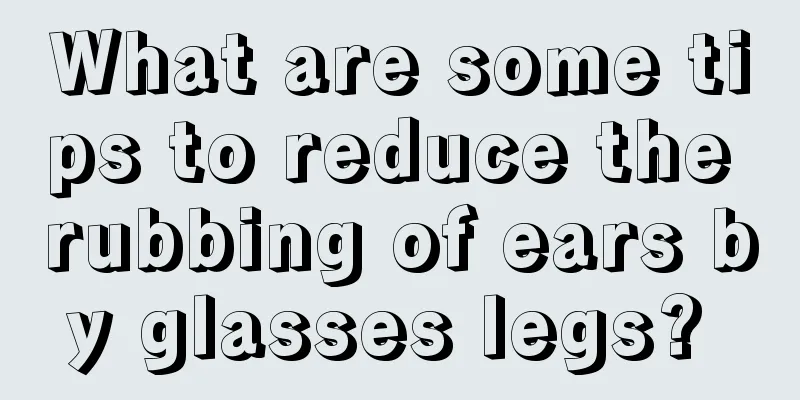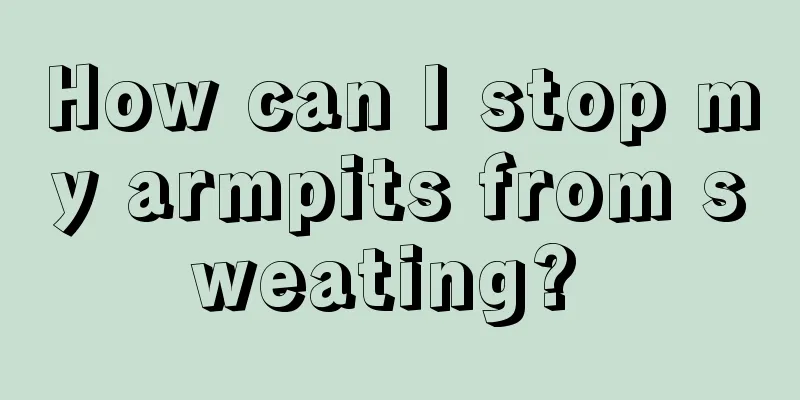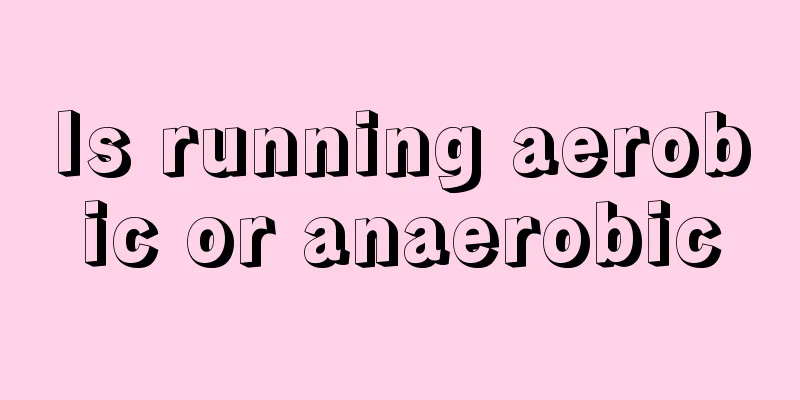Can I have a tooth pulled when I have a fever?

|
Oral inflammation is a common symptom for many people with gum problems. Due to fundamental damage to the gums, there may be a need for tooth extraction, but do not extract teeth immediately if there are signs of inflammation. If the patient has a sore throat, he or she needs to take anti-inflammatory measures before having the tooth extracted, otherwise nerve damage pain may occur during the tooth extraction process. You can't extract a tooth whenever you want. Patients with special conditions are not suitable for tooth extraction. Can I have a tooth extracted if I have a toothache? 1. Infection and inflammation If the toothache is caused by infection and inflammation, it is best not to extract the tooth first. Instead, perform anti-inflammatory and anti-infection treatment, and then let the dentist determine whether the tooth can be extracted. 2. Simple nerve pain If the toothache is caused by heat but there is no inflammation, and it is just simple nerve pain, the tooth can be extracted and it will generally not be affected. However, it is best to have a professional doctor from a regular hospital judge whether the tooth can be extracted. When is tooth extraction necessary? 1. Severe tooth defects caused by trauma, etc. When severe tooth defects are caused by trauma, the tooth can no longer be used normally, and its existence will only be detrimental to health, so tooth extraction is required. 2. Untreatable apical periodontitis and periodontal disease If allowed to develop, untreatable apical periodontitis and periodontal disease will only have adverse effects on health, so this also requires tooth extraction. 3. Crooked wisdom teeth have no effect on chewing, etc. They will only cause constant pain, so they need to be removed. 4. Some teeth are extracted due to the need for dentures and orthodontics. For the sake of beauty, many modern people choose dentures and orthodontics. At this time, tooth extraction is often required to achieve the desired effect. 5. Retained deciduous teeth cannot replace permanent teeth for normal use, and retained deciduous teeth during the tooth replacement period will only affect the eruption of permanent teeth and the development of the jaws, so they need to be extracted. 6. In other cases, when extra teeth, diseased teeth that cause mandibular osteomyelitis or maxillary sinusitis, teeth involved in fractures, etc. have adverse effects on health and cannot be treated and preserved by effective methods, they will need to be extracted. Situations where tooth extraction is not suitable 1. Patients with severe hypertension, heart disease, hyperthyroidism, and some mental and psychological diseases and disorders are not suitable for tooth extraction without supervision. Because tooth extraction is also an invasive surgical treatment, oral surgeons and patients should avoid possible uncontrollable risks during the operation. 2. Bleeding diseases, hepatitis, and diabetes. People with uncontrolled bleeding diseases, hepatitis, and diabetes are not suitable for tooth extraction because bleeding may not stop and the wound may not heal. |
<<: How long can dentures last?
Recommend
What does the blue veins on the instep mean?
The feet are very important to our body, but they...
Liver cancer will eventually metastasize in four directions. Introduction to the treatment of secondary liver cancer
Among liver cancer patients, it is common for liv...
What are the sequelae of radiotherapy for tongue cancer
What are the sequelae of radiotherapy for tongue ...
10 diseases that parents can pass on to their children
Could disease be innate? This is not groundless. ...
What are the symptoms before death in late stage pulmonary fibrosis
Generally speaking, pulmonary fibrosis is more co...
What are the examination methods for rectal cancer
Rectal cancer is a disease that people often enco...
What to do if your skin is dull and yellow
Dark skin is a very common phenomenon in life. Mo...
Is steam smoke harmful?
Smoking causes many harms to our health. Many lon...
Is there any good way to treat insomnia caused by liver depression and qi stagnation?
Insomnia caused by liver depression and qi stagna...
Which foods are rich in vitamin B?
Vitamin B is an important nutrient for the human ...
Advantages of Traditional Chinese Medicine in Treating Breast Cancer in Situ
Advantages of Traditional Chinese Medicine in Tre...
Psychological care for patients with pancreatic cancer
The occurrence of pancreatic cancer should be tak...
8 secrets to help you reverse aging
Youth is fleeting and time is merciless. However,...
What causes stomach cramps?
The causes of abdominal cramps and pain are actua...
What causes so many small pimples on my body?
With the continuous improvement of living standar...









